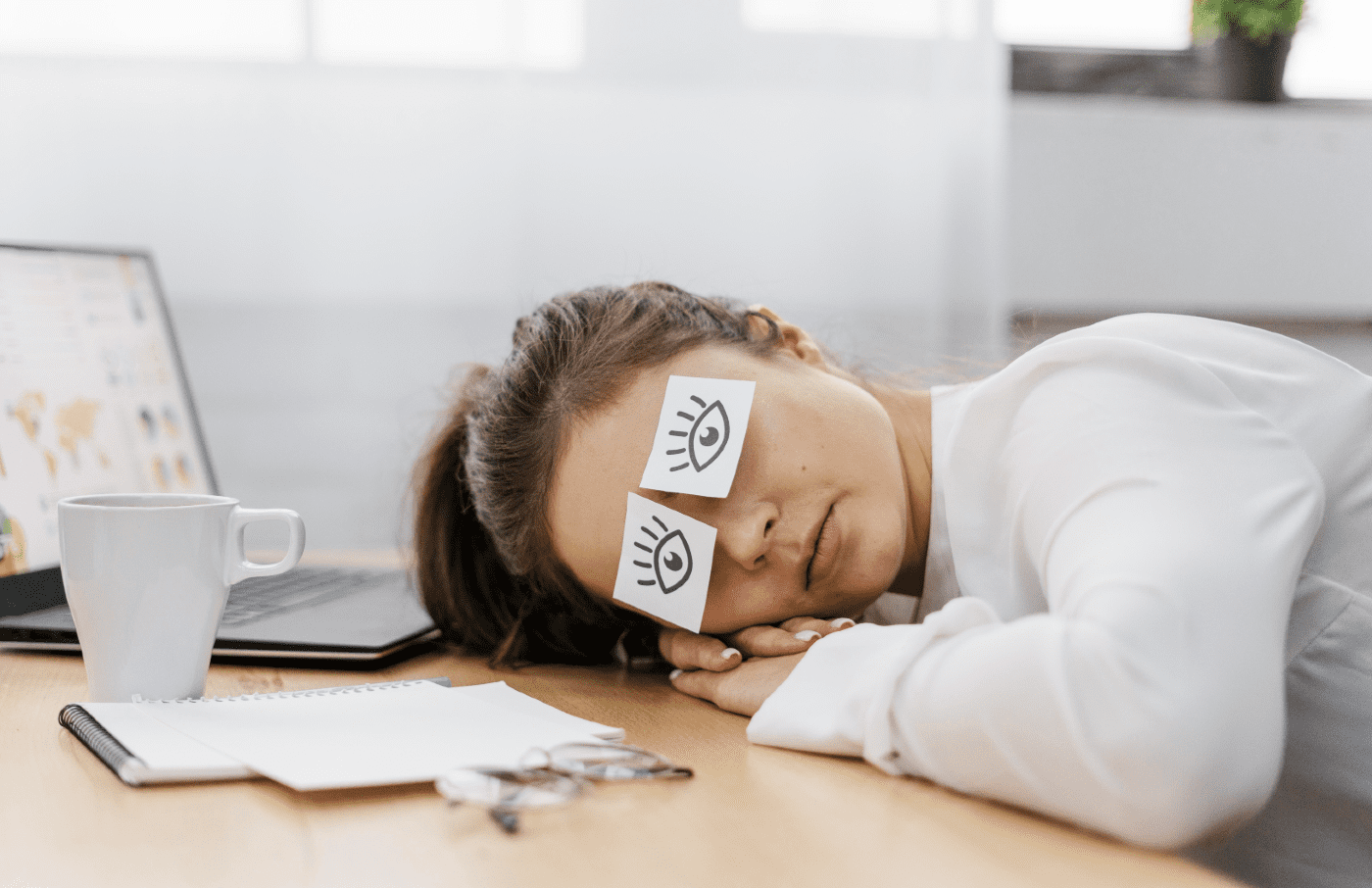Hypersomnia
We all experience occasional drowsiness during the day, but for some individuals, excessive daytime sleepiness becomes a persistent and disruptive problem. This condition is known as hypersomnia. In this blog post, we will delve into the world of hypersomnia, exploring its types, causes, symptoms, and available treatment options.
What is Hypersomnia?
Hypersomnia is a medical condition characterized by excessive sleepiness during the day, regardless of adequate night-time sleep. Individuals with hypersomnia struggle to stay awake and often feel an overwhelming need to nap or sleep, which can significantly impact their daily lives and productivity.
What are the Types of Hypersomnia?
Idiopathic Hypersomnia:
Idiopathic hypersomnia is the most common type and is characterized by excessive daytime sleepiness without a known cause.
Individuals with idiopathic hypersomnia may sleep for extended periods, often exceeding 10 hours, but still experience excessive sleepiness during the day.
Narcolepsy:
Narcolepsy is a neurological disorder that disrupts the brain's sleep-wake cycle, leading to excessive daytime sleepiness.
Along with excessive sleepiness, narcolepsy can cause sudden sleep attacks, cataplexy (sudden loss of muscle tone), sleep paralysis, and hallucinations.
Recurrent Hypersomnia:
Recurrent hypersomnia is characterized by recurrent episodes of excessive sleepiness lasting for days or weeks at a time.
Individuals may sleep for extended periods during these episodes, typically exceeding 10 hours a day.
Kleine-Levin Syndrome:
Kleine-Levin syndrome, also known as "Sleeping Beauty" syndrome, is a rare disorder marked by recurrent episodes of excessive sleepiness, altered behavior, and cognitive changes.
During episodes, affected individuals may sleep for 18 to 20 hours a day.
What are the Causes and Risk Factors of Hypersomnia?
The exact causes of hypersomnia are not fully understood, but several factors may contribute, including:
-
Genetic predisposition
-
Hormonal imbalances
-
Brain injuries or abnormalities
-
Certain medical conditions (e.g., sleep apnea, depression, multiple sclerosis)
What are the Symptoms of Hypersomnia?
Common symptoms of hypersomnia include:
-
Excessive daytime sleepiness
-
Difficulty waking up from sleep
-
Feeling unrefreshed after sleep
-
Difficulty concentrating and thinking clearly
-
Memory problems
-
Anxiety or irritability
What are the Diagnosis methods of Hypersomnia?
If you suspect hypersomnia, it is crucial to seek medical evaluation for an accurate diagnosis. A healthcare professional will assess your symptoms, medical history, and may recommend:
-
Polysomnography: A sleep study to monitor brain activity, breathing patterns, and other physiological factors during sleep.
-
Multiple Sleep Latency Test (MSLT): Measures how quickly an individual falls asleep during the day, helping to diagnose specific sleep disorders like narcolepsy.
What are the Treatment and Preventation of Hypersomnia?
Treatment options for hypersomnia depend on the underlying cause and may include:
-
Medications: Stimulants, such as modafinil, may be prescribed to promote wakefulness.
-
Lifestyle adjustments: Establishing regular sleep patterns, maintaining a sleep-friendly environment, and incorporating healthy sleep habits.
-
Behavioral therapy: Cognitive-behavioral therapy (CBT) can address any underlying psychological factors and help manage sleep-related behaviors.
Conclusion:
Hypersomnia can significantly affect an individual's quality of life, leading to excessive daytime sleepiness and impaired daily functioning. Understanding the different types, causes, and available treatment options can empower individuals to seek appropriate medical help and regain control over their sleep patterns. If you suspect hypersomnia, consult a healthcare professional for a comprehensive evaluation and personalized treatment plan. Remember, with proper management, it is possible to overcome the challenges posed by hypersomnia and achieve restorative sleep.
Taking the right supplements can help. AFD Pharma’s Fastnap is one such supplement that can help you in getting the much needed peaceful sleep at night and help in waking up refreshed and energetic throughout the day. A good night’s sleep is all that you require to reset your circadian rhythm.
AFD Pharma’s Fastnap is a natural sleep aid that helps in achieving deep and peaceful sleep.
Fastnap Melatonin Oral spray is a natural sleep supplement that helps in rectifying the sleep cycle. It is very effective for inducing deep sleep, decreasing the sleep latency time, providing a relaxing sensation to the mind, and helping in waking up refreshed and energetic.
People suffering from certain sleeping disorders like Insomnia and jet lag that can disrupt the uniform functioning of the circadian rhythm can especially benefit from Fastnap as it improves the overall quality of sleep. It is non-addictive and does not have any withdrawal symptoms.
